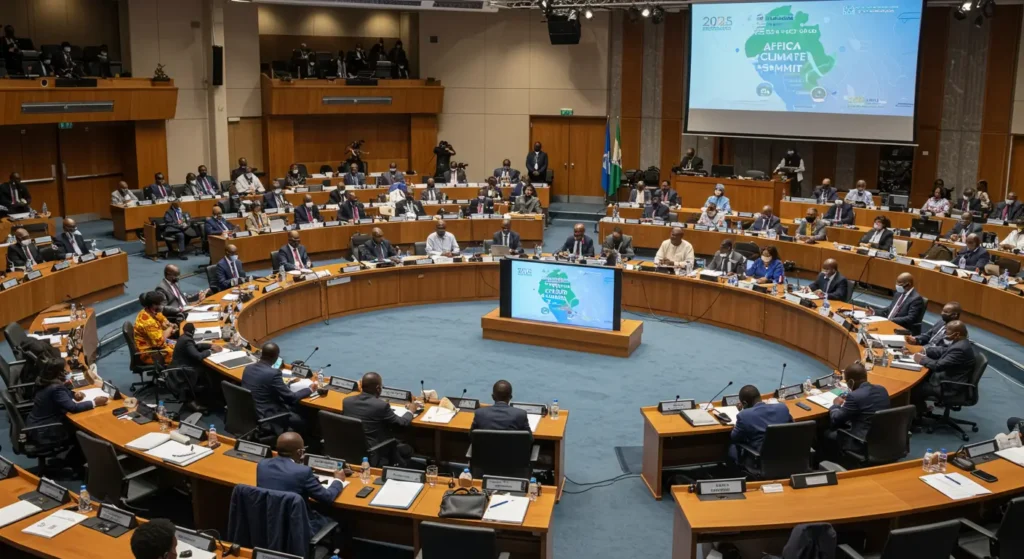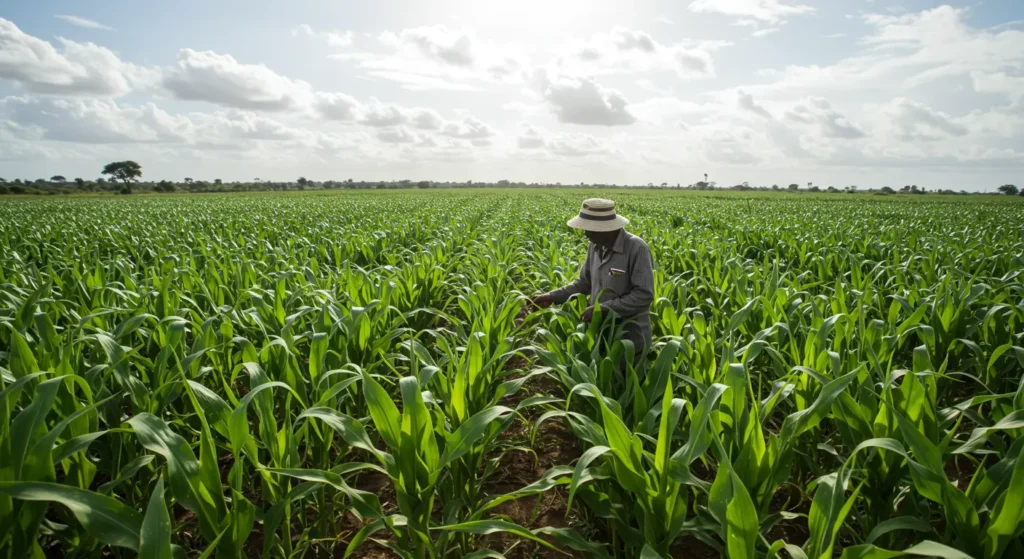African leaders are increasingly seeing climate action as a major economic opportunity rather than just an environmental obligation. Governments across the continent are emphasizing policies that attract investment, create jobs, and stimulate green growth.
The Second Africa Climate Summit, held in Addis Ababa from September 8–10, 2025, highlighted the need to transition from traditional aid models to a more investment-driven approach. The summit gathered policymakers, investors, and climate experts to chart a sustainable development path for the continent.
A key initiative emerging from the summit aims to mobilize $50 billion annually for climate solutions. This includes launching the Africa Climate Innovation Compact and the African Climate Facility, both designed to support climate-smart projects and innovations across multiple sectors.

In addition, African development banks and commercial lenders pledged $100 billion in green energy investments. These funds will target renewable energy projects, sustainable agriculture, and infrastructure upgrades that reduce carbon emissions while promoting economic growth.
Experts say the shift from aid to investment is crucial for Africa to achieve its climate and development goals. By channeling private and public funds into sustainable projects, the continent can generate jobs, strengthen local economies, and build climate resilience.
Investors are particularly interested in renewable energy, including solar, wind, and geothermal projects, which promise both strong returns and long-term sustainability. Partnerships between governments, banks, and private companies are seen as key to unlocking this potential.

The summit also stressed the importance of capacity building and technology transfer to ensure that African countries can implement and manage large-scale climate projects effectively. Training local professionals and developing infrastructure are central to long-term success.
Climate analysts highlight that Africa has immense untapped potential in sectors like clean energy, sustainable agriculture, and carbon trading. If properly leveraged, these opportunities could make the continent a global leader in green growth.
Leaders concluded the summit with a unified message: Africa’s green economy is not just about reducing emissions—it is a pathway to prosperity, innovation, and resilience. Mobilizing investments, fostering partnerships, and prioritizing sustainable development will be key to turning this vision into reality.





